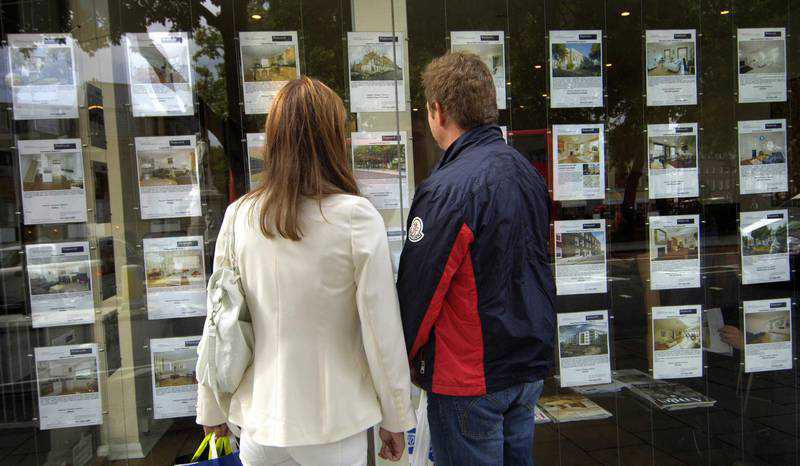British mortgage approvals sink to lowest level since June 2020

Mortgage approvals fell to their lowest level since June 2020 in November as activity in the housing market eased following a rush last year caused by the stamp duty tax holiday.
Lenders sanctioned 67,000 mortgages in November, a slight dip on the 67,199 home loans approved in October, according to Bank of England data, while net borrowing increased to £3.37 billion from £1.1bn the previous month.
“November’s increase follows low net lending figures in October after borrowing was brought forward to September to take advantage of stamp duty land tax relief, before it was completely phased out,” the BoE said.
“The net borrowing in November was however £2.9 billion below the 12-month average to June 2021, when the full stamp duty holiday was in effect.”
The flat mortgage approval rate, which acts as an indicator of future borrowing, was the lowest since the middle of 2020 when the market was just emerging from the first lockdown. However, it was close to the 12-month average seen in the run-up to February 2020 before the pandemic brought the country to a standstill.
Meanwhile, approvals for remortgaging, which only analyses new home loans with a different lender, rose to 44,500 in November.
Independent housing analyst Anthony Codling said the latest mortgage data indicated that Britain's housing market has quickly returned to normal without the tax incentive.
“Perhaps, when it comes to moving home, macroeconomic events do not impact household decisions as much as we may believe. If you have changed job or your family has outgrown its current home, concerns about inflation and Covid are secondary, and if you have to move, you generally do," he said.
Separately, British consumers increased their borrowing in November by the most in 16 months, with consumer credit rising by a net £1.2bn, more than expected and much higher than the £0.8bn uplift in October.
With £0.9bn of that increase borrowed on credit cards, it was a further sign the economy was picking up before fears over the spread of the Omicron variant of coronavirus set in.
Household cash deposits also grew at a slower rate in November indicating stronger consumer confidence ahead of the festive month.
However, Bethany Beckett, UK economist at Capital Economics, said the data seemed like “old news” when compared against surging Covid-19 cases in December, which is expected to see households less willing to borrow.
With real household income facing a squeeze in 2022 amid higher inflation, rising energy bills and increased taxation, “we suspect consumer spending may struggle to make much headway over the next few quarters” Ms Beckett added.
Previous Story
- Business activity in Saudi Arabia improves in December...
- U.S. manufacturing production near three-year high in November
- What are the best ways to invest your...
- Why intelligent government action is needed to solve...
- Former U.S. Treasurer on the economy: ‘I’m much...
- Can India’s economy withstand a third Covid-19 wave?
- Ikea to hike prices by 9% due to...
- Britain faces cost-of-living ‘catastrophe’ in 2022